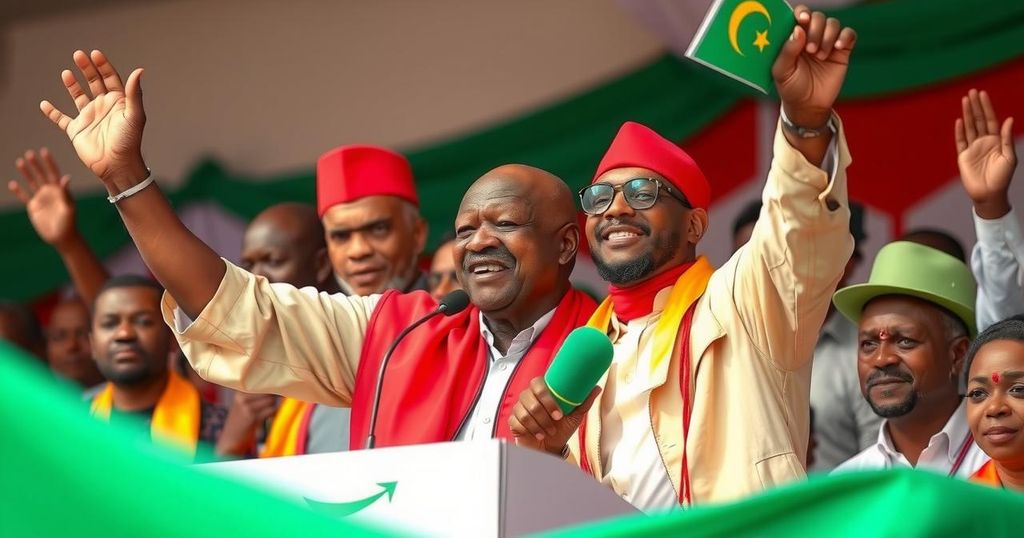Chad’s Ruling Party Secures Majority Amid Opposition Boycott in Elections

Chad’s ruling party, the Patriotic Salvation Movement, won 124 of 188 seats in last month’s parliamentary elections, which experienced a 51.5% voter turnout and was boycotted by major opposition parties. Analysts suggest that the lack of credible challengers has fortified President Mahamat Idriss Déby’s hold on power amid widespread security challenges.
Chad’s ruling party, the Patriotic Salvation Movement (PSM), has secured a decisive victory in the parliamentary election held last month, garnering 124 of the 188 available seats, according to provisional results. The election, which witnessed a voter turnout of 51.5%, was marked by a boycott from over ten opposition parties, including the prominent Transformers party. Analysts suggest that the absence of strong challengers has further entrenched President Mahamat Idriss Déby’s authority since he assumed power following the death of his father, long-serving President Idriss Déby Itno, in 2021.
This parliamentary election is notably the first in over a decade for Chad, which included regional and municipal contests. President Déby has anticipated that these elections would usher in a long-awaited era of decentralization, empowering local governance. However, the main opposition has denounced the election as a “charade,” asserting that it might replicate previous discredited electoral processes, which raises concerns about the credibility of the vote. Their fears were echoed by international observers during last year’s presidential election, which was overshadowed by allegations of irregularities.
The electoral context is crucial for Chad, currently contending with multifaceted security challenges, including threats from Boko Haram in the Lake Chad region and a deterioration of military relations with France, once viewed as a vital ally.
Chad has been under military rule since the ascension of Mahamat Idriss Déby, the son of the late President Idriss Déby Itno. Following a coup post-Idriss Déby’s death in April 2021, Mahamat Déby has faced criticism regarding his leadership and the legitimacy of his government. This parliamentary election, described as a critical component of Chad’s democratization process, follows a transition period marked by discontent among opposition parties and civil society regarding the state’s political trajectory and electoral integrity.
The outcome of the recent parliamentary election in Chad underscores the consolidation of power by President Mahamat Idriss Déby’s ruling party amid a significant opposition boycott. While the government purports to promote decentralization and democratic transition, the opposition’s concerns regarding electoral integrity bring into question the future stability and democratic legitimacy of Chad’s political landscape.
Original Source: www.euronews.com






